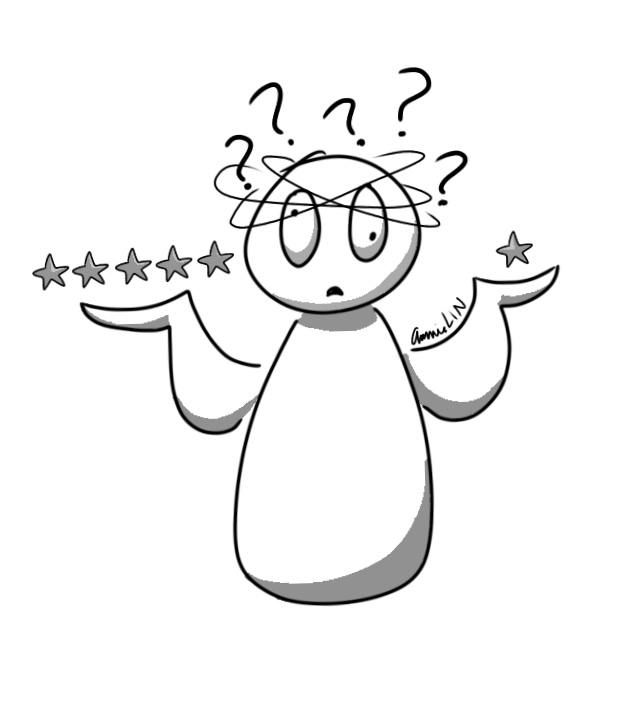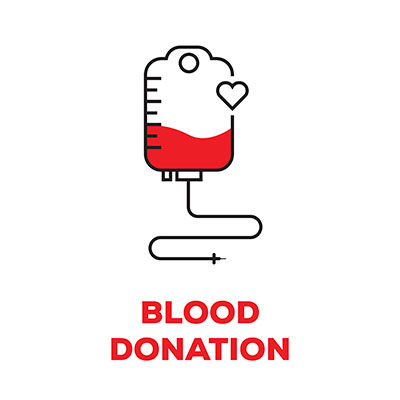War Against Fake Reviews
Our world is full of decisions. What new show should I watch on Netflix? What’s the best restaurant in town? Which album should I listen to next? Decisions, even such simple ones, can become tiresome, especially when we are presented with so many options. This is where reviews come in. Reviews compile and summarize the general knowledge of the population, making it more readily available for consumer use. People use reviews to guide their decision-making process.
As more and more people look for entertainment in experiences, such as going on vacations or trying something new, they put more and more research into planning. After all, you can’t unsee, unhear, or un-experience something. People want to make sure that they are getting exactly what they want, with no regrets afterwards. Unfortunately, not every business does what is advertised, and customers may be dissatisfied with what they have received. Consumers read anecdotal reviews to see what other people think about their product and assess if it is truly what they are looking for. But how much is fact, and how much is fiction?
Although many online reviews may be genuine customer praise or concerns about a product, the harsh reality is that many companies fabricate positive reviews of their services, perhaps even creating negative reviews for rival products. Since customers typically view such positive reviews as a reliable indicator of product quality, this practice increases the likelihood that a consumer will purchase the product. How do consumers know which reviews to trust?
A study conducted by Harvard Business School and Boston University Questrom School of Business in 2013 exposed that around 20% of all reviews on Yelp.com are fake. There are two situations in which a business is motivated either to leave fake positive or negative reviews. As a company’s reputation deteriorates and it receives a slew of negative reviews, there is a greater incentive to engage in positive review fraud. Similarly, if a company experiences greater geographic competition, there is a greater incentive to engage in negative review fraud.
Unfortunately, many review sites, such as Amazon and TripAdvisor, don’t face any significant consequences for published false reviews. But there are some key signs that the reviews you’re looking at may not be truthful. If the product only has perfect, positive, 5-star reviews, that might be a warning sign. No product or service is perfect, and any review that says so is almost certainly false. If you see something that seems too good to be true, it probably is. A high quality product, all perfect reviews, a much smaller price than big name brands? Do some research to see if it really is what it seems. Use a service like Fakespot to determine whether a positive review is a real one. Sticking with known brands and vendors is the best way to guarantee a quality experience.
Moral of the story: if you look at reviews, take them with a grain of salt.











